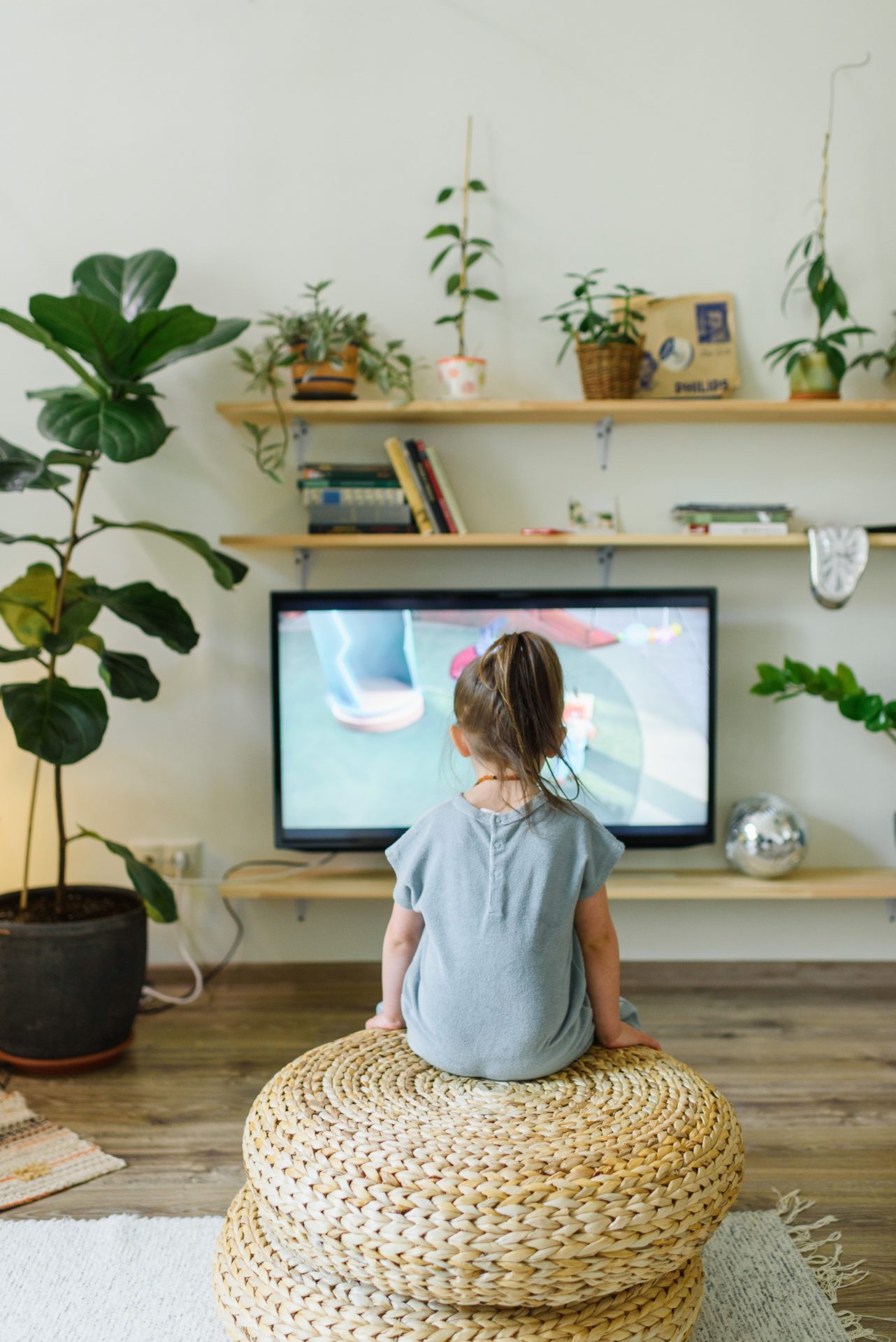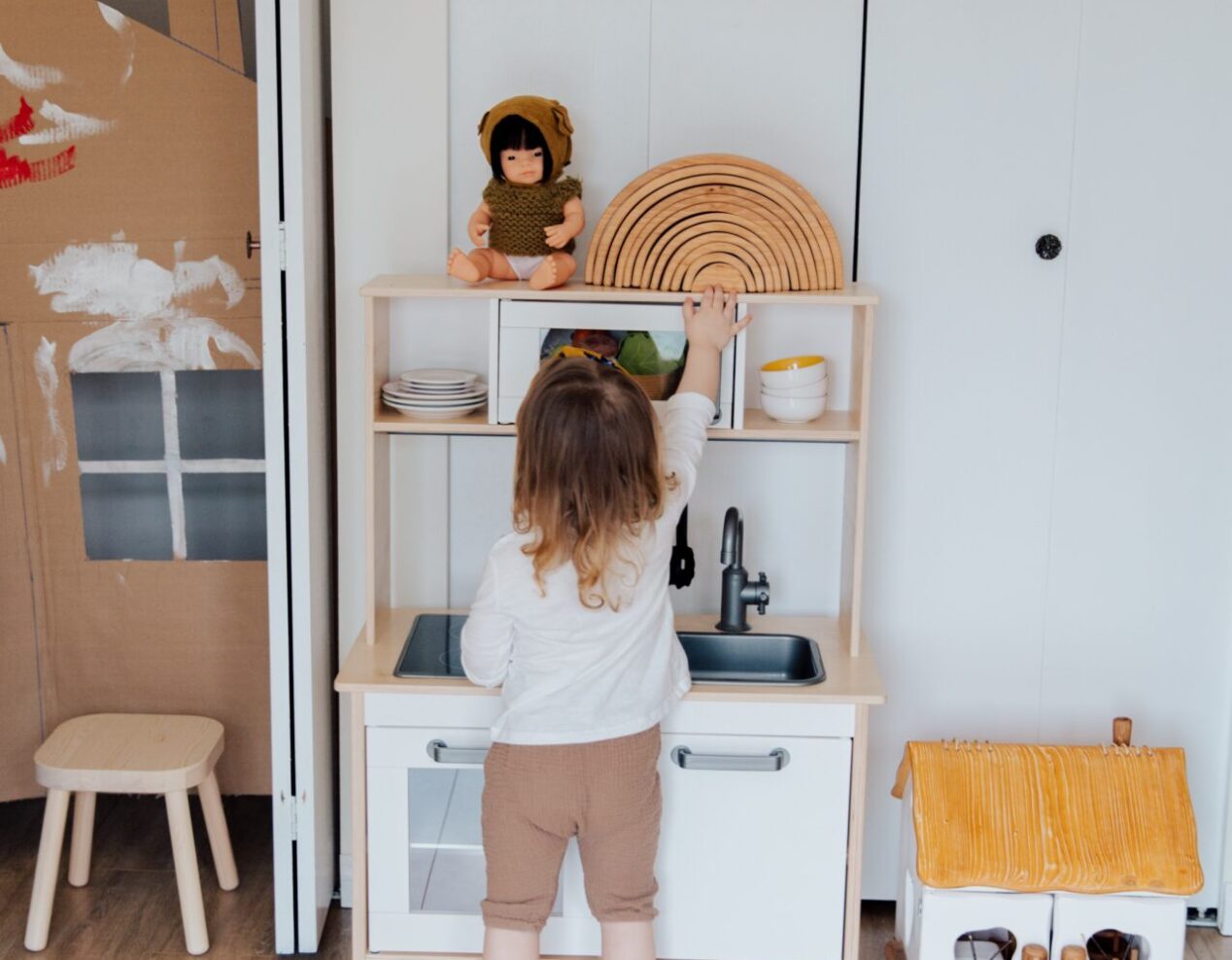Top 5 Tips to Deal with Screentime

It is also known that children learn and grow best from a personal relationship with another person – especially when it comes to learning and developing their language skills.
And in the real world, we also know that screens are impossible to avoid!
Sometimes your child will watch too much TV in a day. Or spend an extra 30 minutes playing on the computer when their daily limit is up – that’s not including when they’re at school learning on some sort of screen. And of course, it’s so easy to let your kid watch one more episode just so you can make dinner + fold laundry + have a quiet moment to yourself?
So, what can you do?!
Well, we know screens are intertwined in our lives. However, there are some very effective ways to monitor screens throughout the day. Here are our top 5 tips to help you manage screentime:
- Lead by example. This is arguably the hardest tip of the list. If you hassle your children over their screentime but in turn are glued to your phone, laptop, or tablet yourself, it will be harder for them to understand and listen to you when you make a request of them. If you minimize your screentime around your children, they are more likely to listen and believe you when you ask them to put it away or give information that screens aren’t good for them all the time.
- Choose a set time for screens. At the same time every day, for example right before dinner, give your child time to be on a screen. Over-communicate this time to them. It might take a bit of time for your child to peel themselves away from the screen, so help them out by giving them a warning that screen time is ending soon. This can sound like, “We are eating dinner in 45 minutes. You can be on your tablet until we eat. I will let you know when you have 5 minutes left to finish your game and then get ready for dinner.”
- Set clear boundaries – and be consistent. We assume our children know the rules, but it isn’t always that simple. If we’re inconsistent with the rules, then our children are way less likely to follow them. For example, if they’re allowed to use the iPad all afternoon one day and only for an hour the next day, they will likely think or say that you’re being unfair – it was ok yesterday, so why not today? If you set solid rules and follow them every day, there will be far fewer battles when you have to put the screens away. This can sound like, “It’s screen time now. Here’s the iPad – you’ve got 45 minutes! Good luck with your game.”
- Acknowledge their feelings but stick to your rules. By naming how they’re feeling, you’re able to connect with them on a human level. They will also likely be more willing to cooperate with you when you stick to your rules and boundaries. This can sound like: “I know you’re disappointed. You want to spend more time on the iPad. Screen time is over for today and tomorrow you’ll be able to play on it again!”
- Avoid comparison. The last tip is to make sure you’re not comparing yourself here. Technology is developing and evolving at a crazy pace, making it impossible to keep up with – what your friend is doing with their kids might look different than what you’re doing with yours. Keep in mind that you will likely be monitoring your child’s screentime until they move out of the house and there is no way to perfect it. All you can do is monitor it and give it your best shot! We’re all still learning and adjusting to it.
Interested to know more?
Check out our latest podcast episode in the Howtotalk app all about screen time plus some other great tips and alternatives to screens! Limiting screen time is about being aware and present in the moment with your children, so you can build a stronger relationship and bond with them. Happy parenting!



